Avon firefighters protest against 'devastating' cuts
- Published
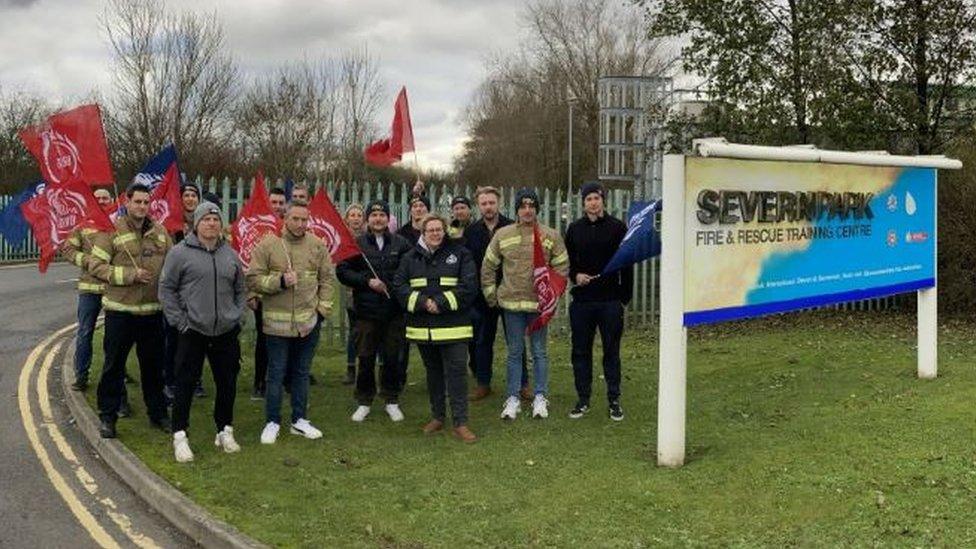
Firefighters gathered outside a training centre in Avonmouth
A group of firefighters are gathering at an Avon Fire Authority (AVA) meeting in Avonmouth to protest job cuts.
Plans to cut the roles of 40 full-time Avon Fire and Rescue Service (AFRS) firefighters were approved in October.
Firefighter from AFRS and the Fire Brigades Union (FBU) gathered outside the training centre on Wednesday.
The AVA previously said the cuts would not compromise firefighter safety and would mean no fire station reductions.
Val Hampshire, executive South West council member for FBU said the proposed cuts were "devastating".
AFRS chief fire officer Simon Shilton said the service "can't ignore" a £3m funding shortfall that spans the next three years.
An inspection of AFRS earlier this year found it was "inadequate" at responding to emergencies. Some firefighters are concerned the cuts will make this worse.
Ms Hampshire added: "We cannot understand if they have been ranked inadequate in their emergency response, how cutting 40 frontline firefighter posts is safe."
"It's not safe for the firefighters, and it's certainly not safe for the public."
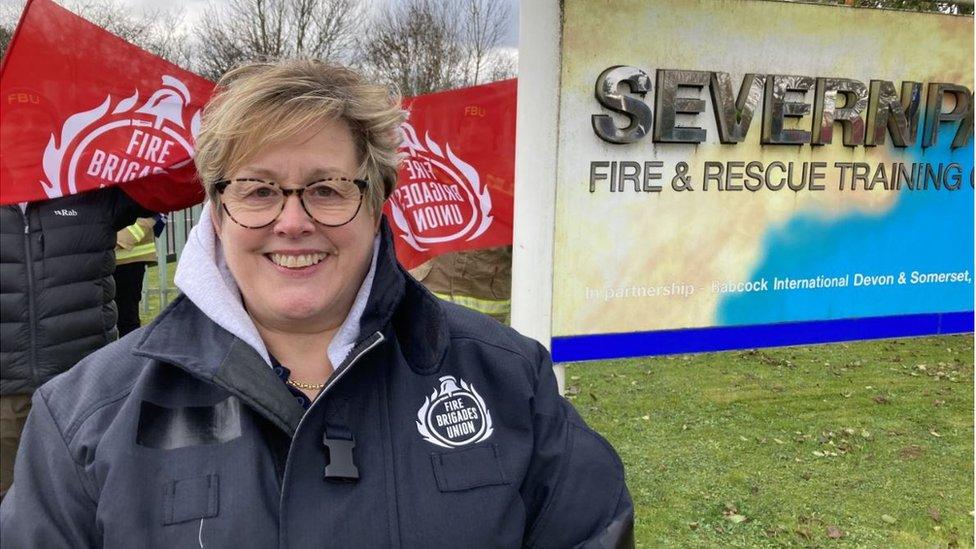
The majority of posts which will go are expected to come from closing jobs after retirements, the authority said.
The FBU branded the changes "dangerous and irresponsible".
Firefighter Matt Senior, who works in Bedminster in Bristol and is a union official, said the group were gathering "to show the strength of concern" surrounding the cuts.
He continued: "I'd feel let down if the cuts went ahead, less safe, feeling like we would be in a worse position to deal with emergencies.
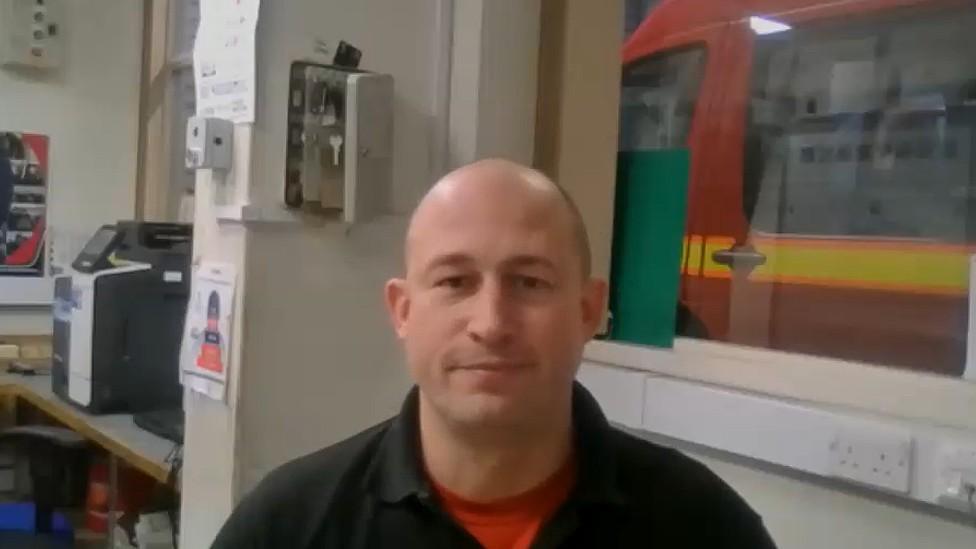
Mr Senior said if the cuts went ahead, there would be less firefighters available to respond to emergencies.
"We'd still do our best and try to do the same things we always do, but knowing it's going to take us longer to arrive potentially.
"If we've been sent out to help at an incident somewhere else in the city and then something happens in our area - help is going to have to come from further afield.
"That means damage is going to increase, people will have to claim more on their insurance and people's health and safety is at greater risk, we just can't rescue them as quickly."
Simon Shilton, AFRS chief fire officer, told the BBC: "My main outcome is how can I still provide an effective fire and rescue service to our communities, and by doing so not reducing the number of fire appliances that are available and not closing fire stations in local communities.
"The only other alternative that I'll have is to consider how we crew our appliances to ensure we that can still respond when our communities need us."

Follow BBC West on Facebook, external, X, external and Instagram, external. Send your story ideas to: bristol@bbc.co.uk , external
Related topics
- Published4 October 2023
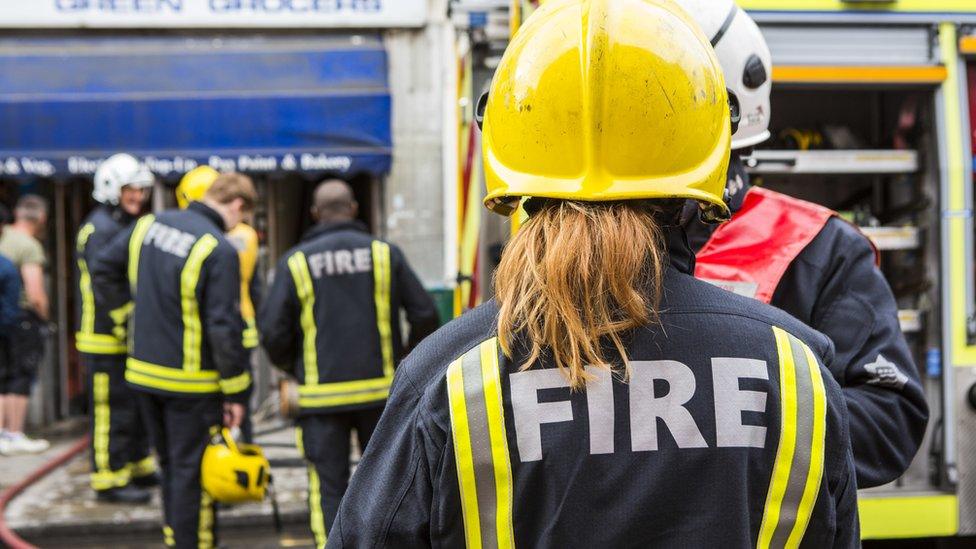
- Published23 November 2023
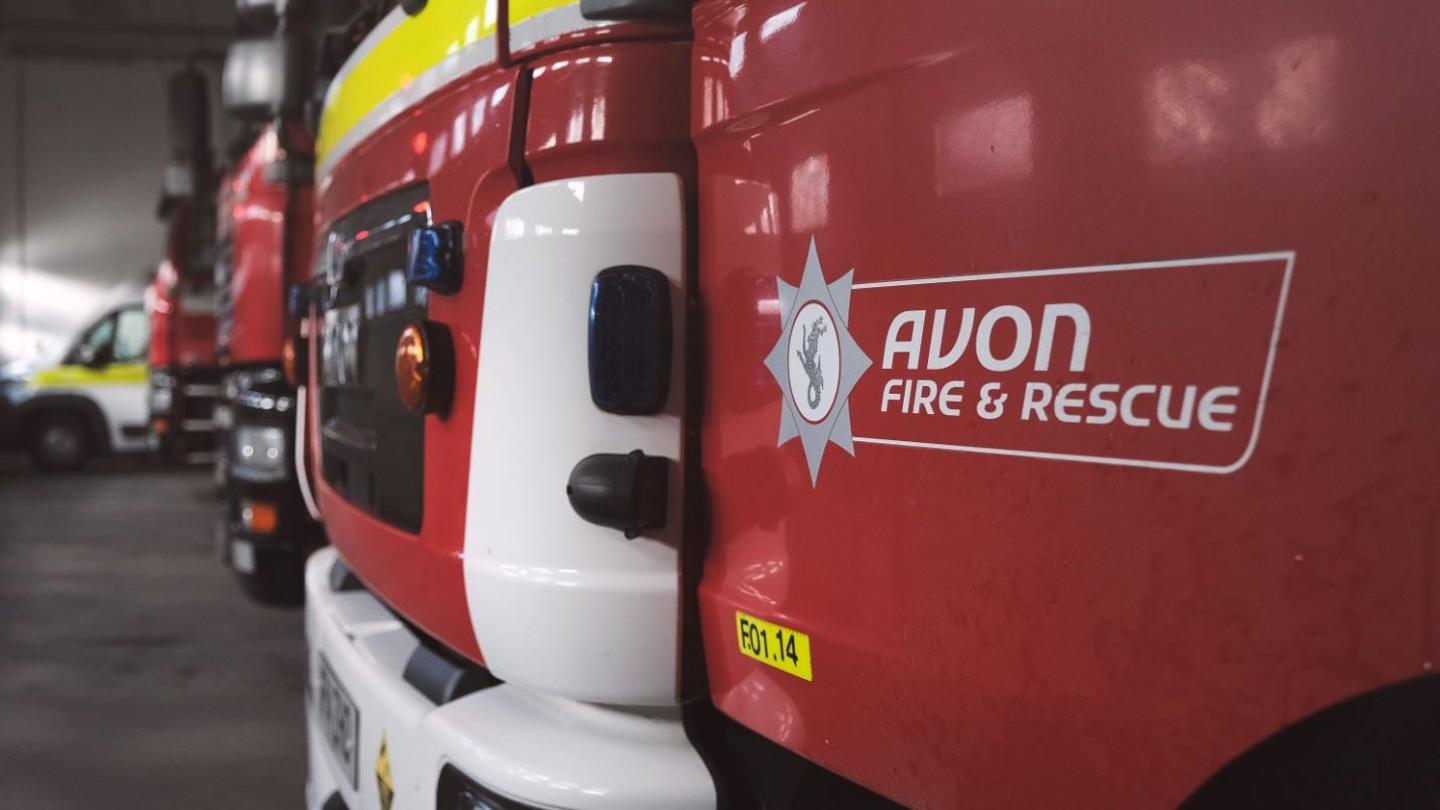
- Published1 December 2023
